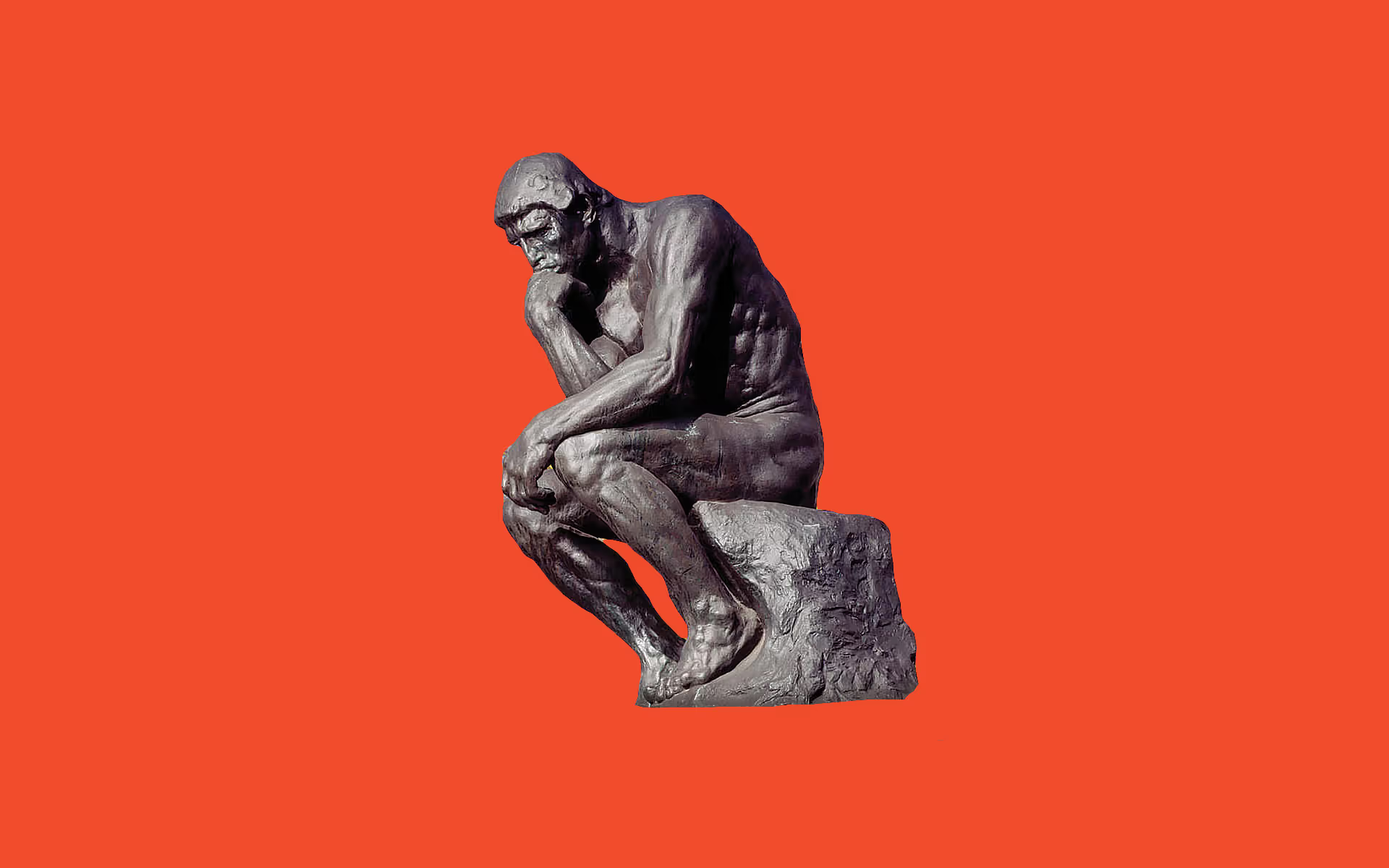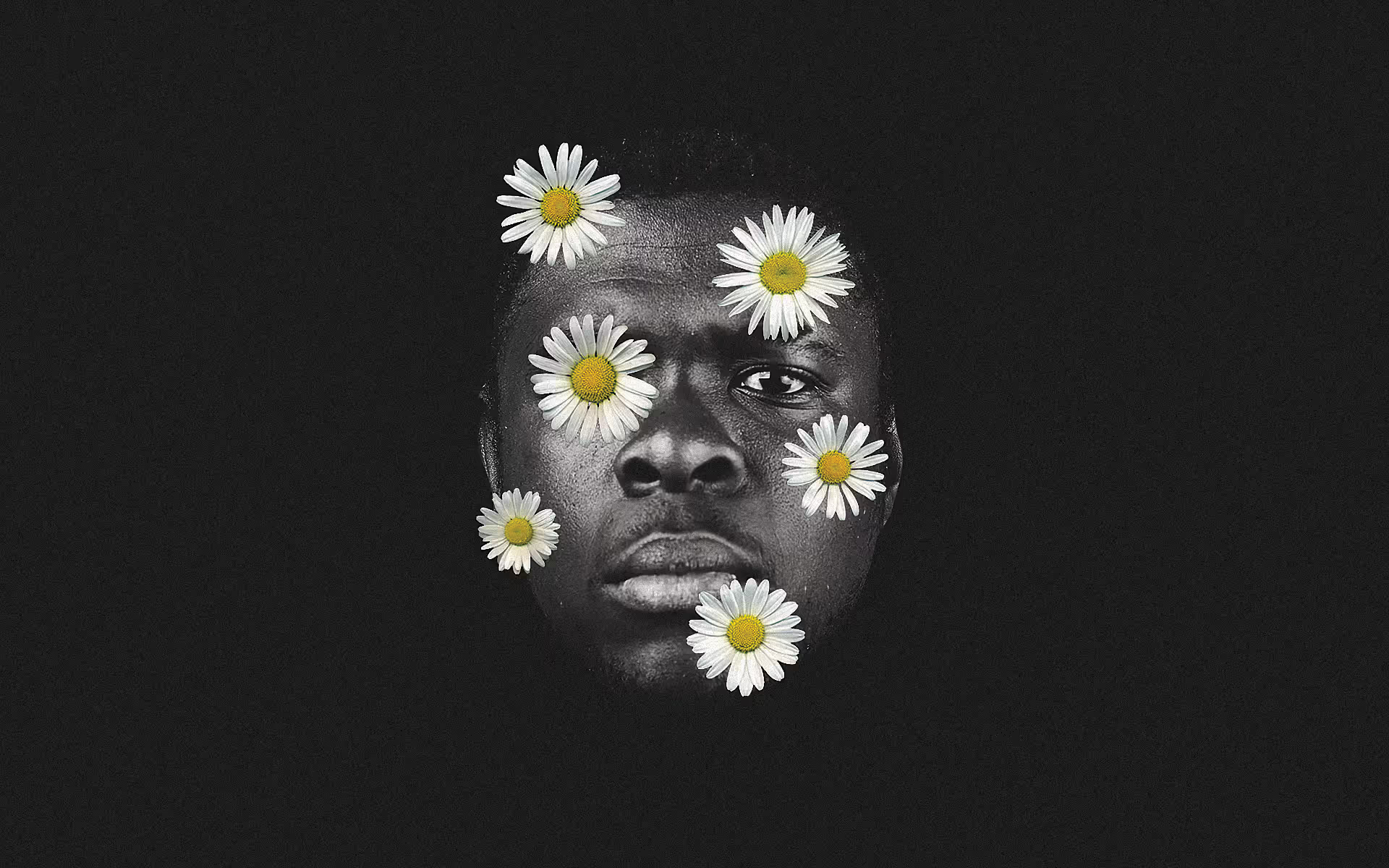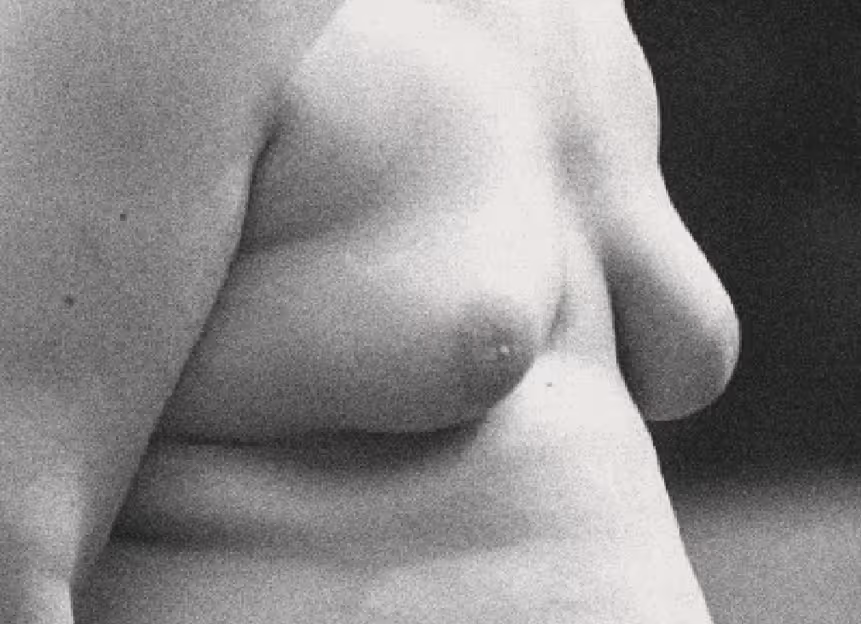"Balance is not something you find, it’s something you create.”
Jana Kingsford
Reading about nutrition is kind of like looking for the source of your tummy ache on WebMD - it’s death. You have death. Carbs are bad. Fat is bad. Gluten is bad. Sugar is bad. Cholesterol is bad. Meat is bad. Veggies are bad, because “they are not what they used to be”. Eating at certain times of the day is bad. Eating differently than your blood type commands is bad. To put it simply - everything is bad. Every couple of years a new diet comes out of a burning bush as our new saviour, usually coupled with a charismatic persona revealing “the secret” for their radiant looks. Each of these diets relies on restricting a nutrient, chosen to be the scapegoat for all our health problems. And with their short-term effect, these diets die out one after the other, leaving a trail of hungry people looking for a new nutritious religion.
“What the f*ck am I supposed to eat? Rocks?” is a real question a friend once asked me. And this sentiment does not surprise me, given that our approach to nutrition presumes that eating healthy is synonymous with “enjoying less” and “sacrificing”. But the nutritionist’s main sin lies not in their passionate hatred of one nutrient at the time, but in the presumption that 7 billion people can eat the same diet. It’s much more complicated than that, and yet it’s much, much simpler.
So what should we eat? Surely, there is a formula that enables us to actually enjoy eating and at the same time have radiant skin and poop well? Well, if we understand how our body works, more specifically our microbiome, we can have a much more chill approach to eating. Let’s dive into the micro-cosmos within our bodies and see if we can avoid eating rocks.
10% man, 90% bacteria
If you look at the sky on a clear night, you’ll see millions of stars. The machinery of life is quite humbling, is it not? Ok, now quantify those stars x100, and you’ll get the number of organisms living in your gut - 39 trillion, most of them bacteria. Welcome to your microbiome - a universe within our body and in some people’s opinion - the future of medicine. We’ll see.
There are 10x more microorganisms in our body than there are human cells. Bacteria, yeast, parasites, viruses, archaea all live in harmony on the planet “Human”. For us our home is Earth, for them we are their home. We could even say we aren’t a human, but an ecosystem. We can say whatever we want. For Earth's ecosystem, biodiversity is key for a harmonious life of its inhabitants and for the health of the planet.
Same goes for our gut microbiome. Diversity of bacteria is key for our health. In our gut we can “house” up to 1000 species of bacteria, that work as a team and digest food for us (sadly, average westerners have less than 500). Yes, we can barely digest anything, we rely on outsourcing digestion to bacteria. Our food is their food. Each food "thingy" feeds a specific type of bacteria, which is a specialist for the digestion of specific nutrients. That’s why it’s important to eat diversely. If we remove certain foods from our menu for too long, that could literally mean the death of an entire colony of bacteria and consequently - a diminished capability of absorbing certain nutrients. R.I.P.

Microbiome as a business
Think of it as a business for a second. Companies rely on the collaboration of different individuals with different talents. Engineers, marketers, cleaners, managers, developers, designers, … each is important for collective success. If a restaurant only hired engineers, what would the food be like?🤷
Moving from the metaphor into the gut - the collaboration of different microorganisms is key for the health of our body. If our diet is monotonous, we risk letting a few colonies spread too much and collapse the microbiome balance. If a toxic culture can ruin a planet, imagine what it will do to a body. :P
Since the microbiome influences our immune system, hormones, cognition, and gene expression, you can imagine all the adversity that can come from a broken gut balance - everything from pimples to fatal diseases. Bad for business!
Micro-management
Let’s look at a just few other things that our micro-managers run in our bodies. 70% of our immune system is in the gut. Separating it from the microbiome is a barrier thinner than one single hair. But despite the barrier, we cannot functionally separate them, as they constantly inform each other. Good neighborly relations between the two are key for our health.

The micro-bosses also manage our hormonal balance. 90% of serotonin and 50% of dopamine is synthesized in our gut. Neurotransmitters like serotonin play a huge role in our mood, energy level, motivation, appetite, sleep, and proper brain functioning. Lack of balance can cause depression, anxiety, and mood swings.

Even the smell we give off is directly linked to our microbiome. Bacteria give off different phenol components, which create our specific smell profile. That later influences who we are attracted to and who attracts us. If somebody you know stinks, it might not be a lack of showering. It could be their diet.
There is also a theory that kissing evolved in order to taste a sample of our potential partner’s microbiome. With each kiss, we exchange around 80 million microbes, which can indicate our compatibility or incompatibility. That’s why it doesn’t feel good just making out with anyone.

Diverse diet = rich microbiome = healthy body = healthy mind
With each meal, we influence about 50 generations of microorganisms. With each bite colonies rise and colonies fall.
Healthy, wholesome food fuels the development of “good” colonies, which use that food to create essential components for the healthy functioning of our body. And vice versa, bad food = bad colonies = problems.
Meet the gut destroyers: drugs, alcohol, artificial additives and preservatives, taste enhancers, refined carbs (white flour, sugar, …), animal proteins, trans-fats, saturated fats, …
A diet with too many “destroyers” directly contributes to our gut balance collapsing.

The bad news is that our western diets are full of annihilators. Looking at supermarket store shelves one can see the reflection of a broken food system, which prioritizes cheap tongue entertainment at the expense of our health. While medicine kind of ignores food. Also schools. Bad for business.
The good news is that we now, perhaps for the first time in history, know what food our microorganisms love - fibers. Fibers are the microorganism’s favorite dish and from them, they make all the essential nutrients for our body. And plants have the most fibers, many kinds of fibers, which is important. Not all fibers are the same.
Eat as many different plants as possible
“The single greatest predictor of a healthy gut microbiome is the diversity of plants in one’s diet.” — dr. Will Bullsiewicz
As I said at the beginning, 7 billion people can’t eat the same way. By choosing the food we eat wisely, we can cultivate a composition of cultures that will do miracles for our body - everything from feeling good to radiant skin. Your diet might not be so ideal for somebody else, though. That's why I said, it's complicated and simple at the same time.
The most simple way of thinking about diet is the following - eat as many different plants as possible. And no, this is not a clever way of pushing veganism. Vegan diets can also be monotonous, unbalanced, full of processed junk, unhealthy fats, artificial additives, and so forth.
It’s important to have a diverse and balanced diet. To eat whole foods. Many plants, prepared in many ways. If possible, locally sourced and seasonal. What’s good about that is that there are over 100.000 thousand edible plants out there. And quite some ways to prepare them.
Approach food with curiosity (and love)
After having many conversations and interviews about eating habits, I can only conclude that we approach eating with too much anxiety, instead of curiosity. It’s kind of connected to why we listen to that one album over and over again and in time lose touch with "the garbage kids these days listen to". But we need to stop fearing failures in the kitchen and diversify. What is the worst that can happen in the kitchen? Don’t answer that. We gotta tap into our inner flavor explorer, find that inner texture adventurer, you know, unlock that inner Indiana Jones and the umami tomb.
Years ago, my friend told me "I don't have time to think about food". He's not the only one whom I heard say something like that. That speaks a lot about our culture, which sees eating - arguably the most (self) loving and intimate ritual - as a distraction, a waste of time, just something to get it over with. That's why we now see a proliferation of all these "nutrient-shake" start-ups which capitalize on our strange food culture. Why sit down and eat, if you can just drink some grey goo? So that's my final point - no diet will ever be as healthy as "taking time for food". Learning about it, cooking for yourself, or your family, and of course friends. These are our purest forms of bonding. "You are what you eat" is literally literal. And after finishing a meal, being mindful for a moment and seeing how our body reacts is a great way to learn the effects of food and connecting with our bacteria inhabitants.
We need to listen to the voices of our micro-residents. Their well-being is our well-being. They hold the fate of “planet Human”. You’re probably noticing an opportunity for a climate change metaphor here, but no, I shan't. I mustn't. I won’t.
Bon appetit!







